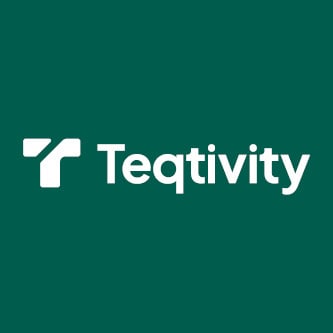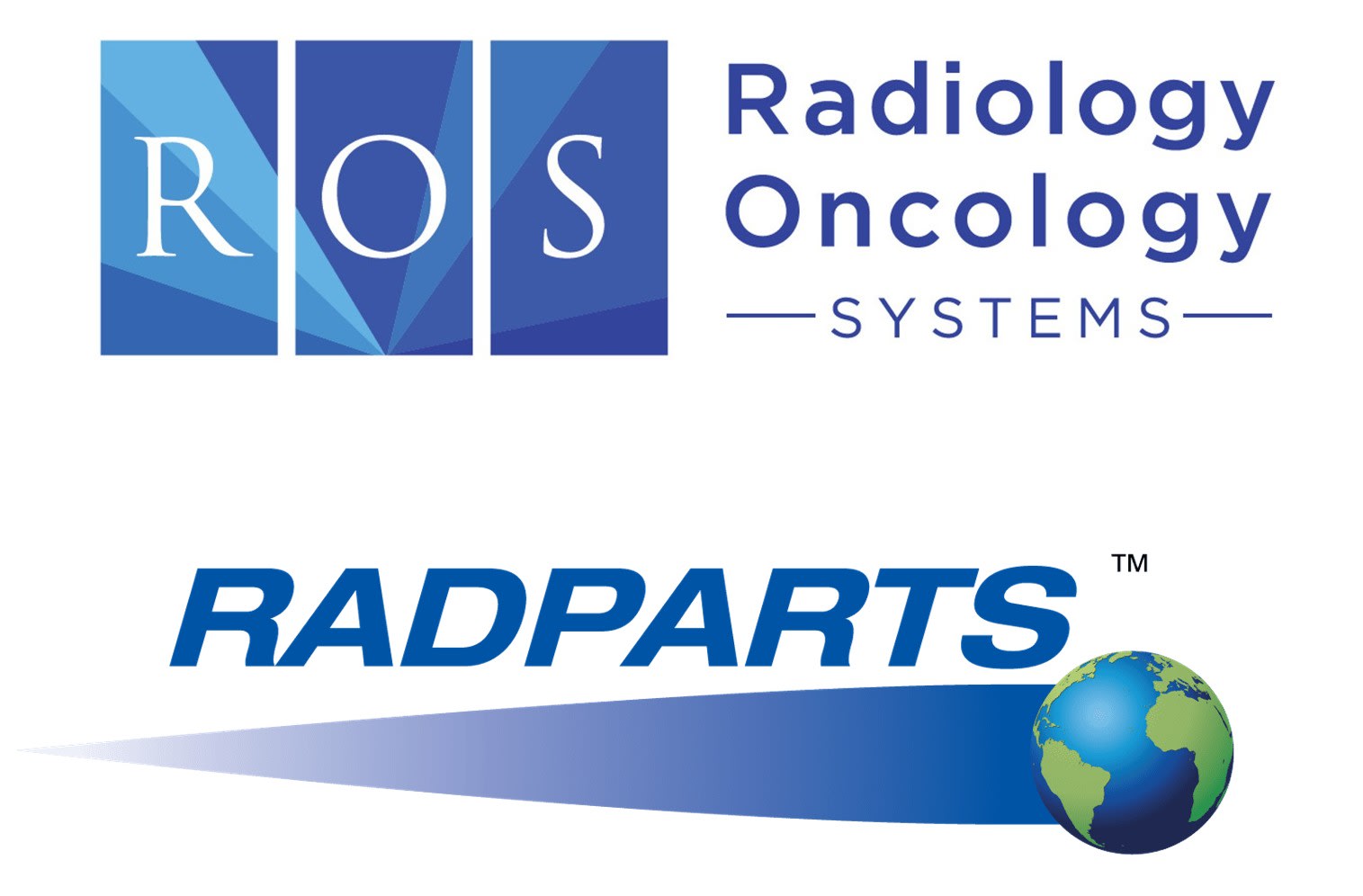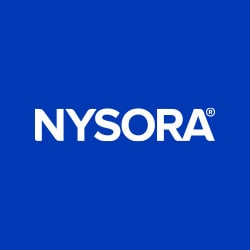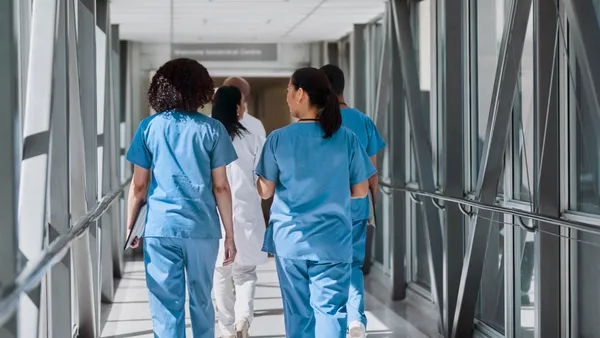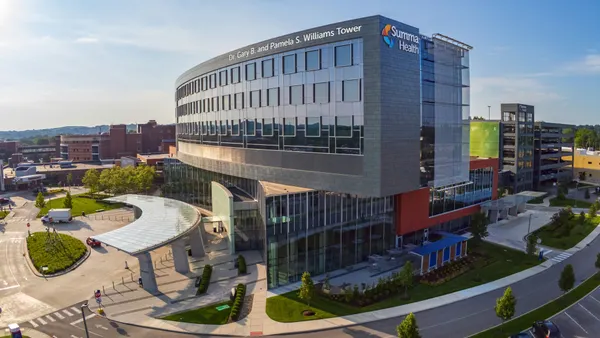Dive Brief:
- The nation’s leading medical groups are calling on the Trump administration to exempt foreign healthcare workers from higher H-1B visa application fees announced earlier this month, warning the policy will exacerbate an ongoing workforce shortage and ultimately harm patients.
- Fifty-five medical societies, including the American Medical Association, American Academy of Family Physicians and the Medical Group Management Association, signed onto a letter to the Department of Homeland Security calling for exemptions last week. The American Hospital Association followed with its own letter on Monday.
- The AHA warned that the fees would have a huge financial fallout for hospitals. “This constraint will be felt most by our rural and underserved communities, which already face challenges in hiring and retaining staff to serve their patients,” AHA President and CEO Rick Pollack wrote.
Dive Insight:
On Sept. 19, President Donald Trump issued a proclamation imposing a $100,000 fee on every new H-1B visa petition, sparking panic among providers about how the change could impact the healthcare industry’s talent pipeline.
Under the program, the government allows employers to sponsor a fixed number of visas per year to fill critical positions. It’s typically been considered a win-win, allowing companies to innovate while not overwhelming the job market with foreign talent.
Nearly 17,000 H-1B visas went to those in health and medical professions last year, representing 4.2% of the total petitions filed, according to the AHA. Half of the approved visas supported bringing physicians and surgeons into the country.
The visas also help sponsor international medical graduates, according to the AMA. International medical graduates account for nearly 1 in 4 practicing physicians nationwide, the AMA’s letter said. Many of the providers practice in underserved or rural areas.
For example, in 2021 about 64% of foreign-trained physicians practiced in areas with healthcare shortages or in medically underserved areas, the letter said.
The medical groups said that America’s need for foreign talent will only grow as the population ages, noting the nation is projected to have a shortage of 86,000 doctors by 2036.
“There is a growing need for a larger physician workforce that the U.S. cannot fill on its own, in part because the U.S. does not have enough people in the younger generation to care for our aging country. Accordingly, H-1B physicians play a critical role in filling this void, especially in areas of the U.S. with high-need populations,” the AMA and other medical groups wrote.
The letters further moved to dissuade notions that H-1B visas were taking jobs from American candidates.
“Foreign-trained clinicians do not displace American workers. Instead, they play critical roles in ensuring the health of the communities our hospitals serve,” the AHA wrote.








